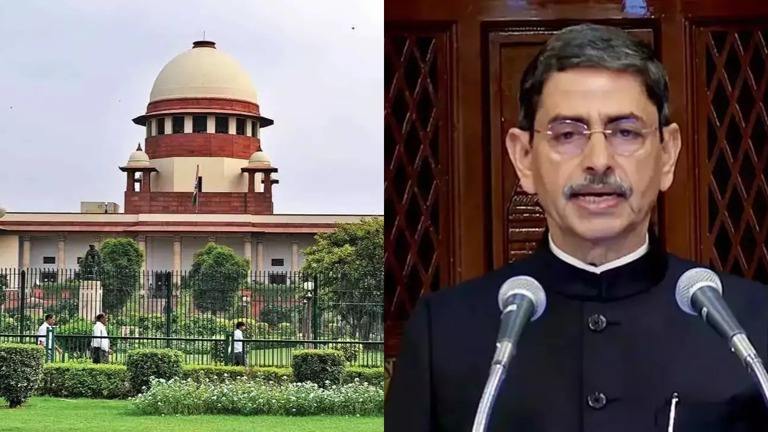
The Supreme Court did censor Tamil Nadu Governor R.N. Ravi for improperly withholding assent to 10 bills re-passed by the state legislature, terming his action an unlawful "pocket veto."
In a historic judgment given on April 8, 2025, the Court held that the bills were considered to have been signed by the Governor on the day he returned them to him, essentially nullifying his exercise of reserve of sending them to the President for consideration.
The bench, consisting of Justices J.B. Pardiwala and R. Mahadevan, condemned Ravi for seeking to frustrate the democratic intent of an elected assembly and established timeframes for governors in India to act upon bills that have been tabled before them. The ruling insisted that governors must function within the limitations of the Constitution and should not become political hindrances.
The 10 bills in question, which had initially been withheld by Ravi, were re-passed by the Tamil Nadu Assembly but got further delayed when he reserved them for presidential assent.
The Court held this act arbitrary and unconstitutional, reaffirming that governors cannot keep withholding or stalling legislative procedures once bills are brought back on the table for consideration by the assembly.
Tamil Nadu Chief Minister M.K. Stalin welcomed the verdict, terming it a historic one that reaffirmed the legislative powers of state governments and checked gubernatorial excess in opposition-ruled states. He called it a win for federalism and progressive reforms.
The ruling is set to have a broad impact on Centre-state relations, imposing constitutional restraint and checking the abuse of discretionary powers by governors in all parts of India.